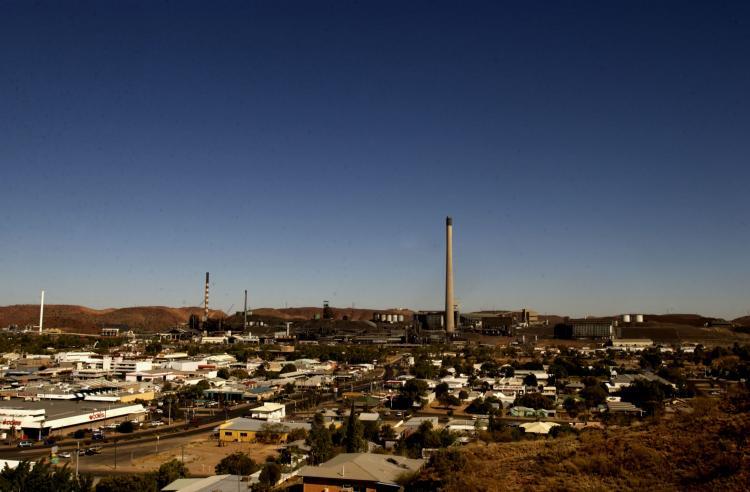Queensland-based resources companies are struggling with skilled worker shortages, government policy settings, increasing costs, and global economic conditions, according to a local lobby group.
The Queensland Resources Council (QRC) said in its State of the Sector report, which is based on its QRC CEO sentiment index, that attracting and retaining skilled employees is the top concern among chief executives.




